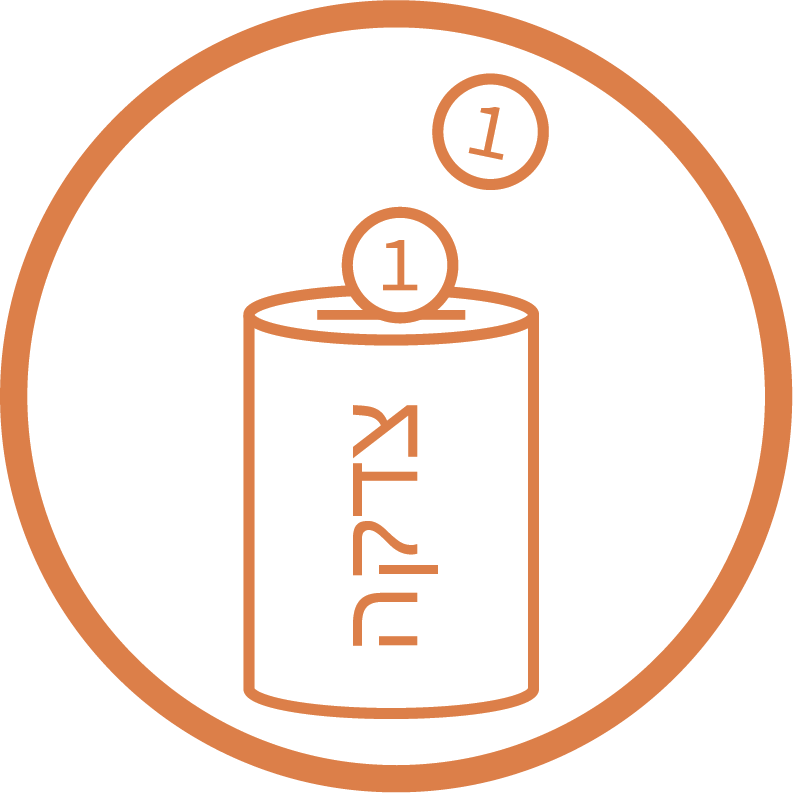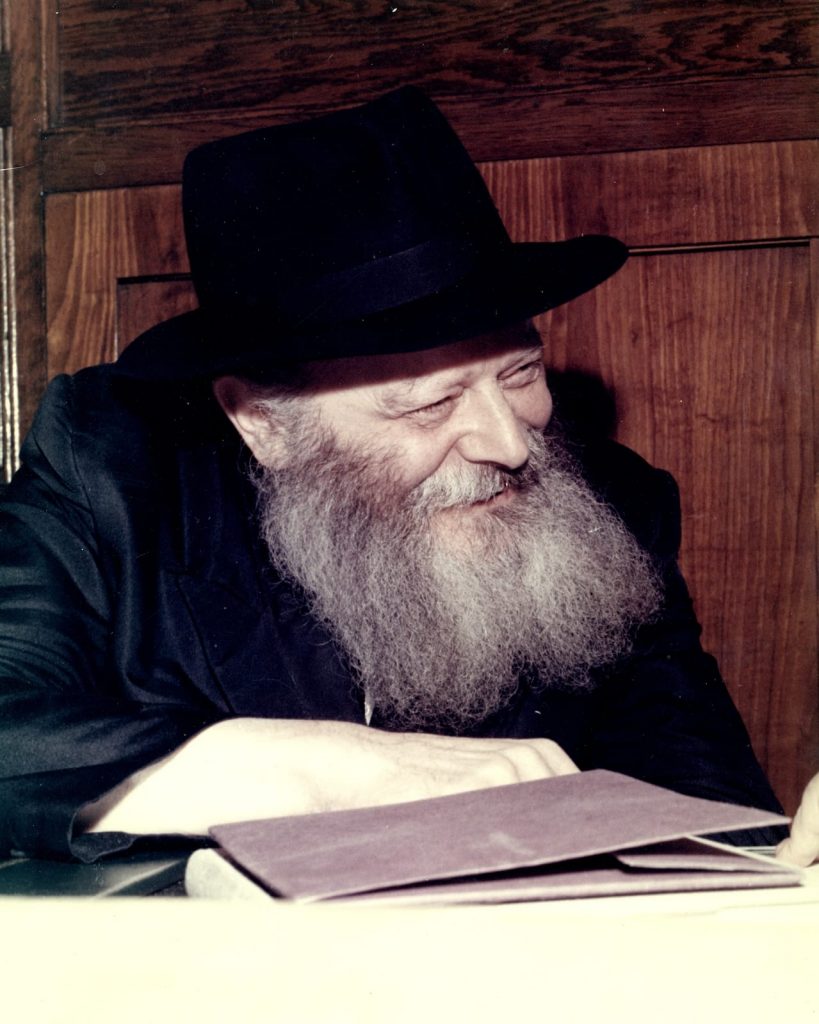






The festival of Purim commemorates the Divinely orchestrated salvation of the Jewish people in the ancient Persian Empire from Haman’s plot “to destroy, kill and annihilate all the Jews, young and old, infants and women, in a single day.” It is celebrated with Megillah readings, gifts of food, charity, feasting, and merriment.
Purim 2023 begins Monday evening, March 6 and continues through Tuesday, March 7.


The scroll of Esther, Megillat Esther, recounts the story of Haman’s plot to destroy the Jewish people and how the plot was miraculously foiled. We listen to the reading of the megillah twice during the holiday. The first time is on the evening of Monday March 6, and again, on the following day, Tuesday March 7. When Haman’s name is mentioned, we twirl ‘graggers’ and stamp our feet to ‘drown out’ his evil name.

Purim is emphasized by the importance of Jewish unity and friendship. Gifts of food containing at least two kinds of ready-to-eat food (e.g. pastry, fruit and beverage) are sent to at least one friend on Tuesday March 7. If possible these gifts, called mishloach manot (sending gifts) should be sent by a third party. It is customary to observe this mitzvah on the day of Purim rather than the night before.

Purim is celebrated with a special festive and joyous meal on Tuesday March 7 during the daytime before mid-day.
Soup with ‘kreplach’ (dumplings) and hamantaschen are two of the customary foods eaten on Purim. Both foods have a hidden filling. This reminds us that G-d’s involvement in the Purim episode, although ever present, was hidden and not openly revealed.

Giving charity, while a year-round responsibility, is a particularly special mitzvah on Purim. Give charity to at least two, but preferably more, needy individuals on Tuesday, March 7 during the daytime. The mitzvah is best fulfilled by giving directly to the person. If this is not possible, place at least several coins into pushkas (charity boxes). Young children should also fulfill this mitzvah.

There is a quiet happiness: an inner sense of bliss, the innocent joy of a small child, one of wonderment and gratitude. It is a happiness to carry with you at all times.
Then there are those seasons when happiness blooms for all to see, bursting out in song, in dance, in celebration. A festival, a wedding, a time to feast and rejoice with family and friends.
But the ultimate happiness is the joy of Purim. It is no longer about you, your family, your life. It is about making others laugh, bringing smiles to the weary, celebration to those who feel abandoned, a feast to those who had lost all hope.
It is a season for breaking out of yourself, out of your character, out of all those bounds you have set for yourself—“beyond knowing.”
The light of Purim knows no bounds.
-The Lubavitcher Rebbe